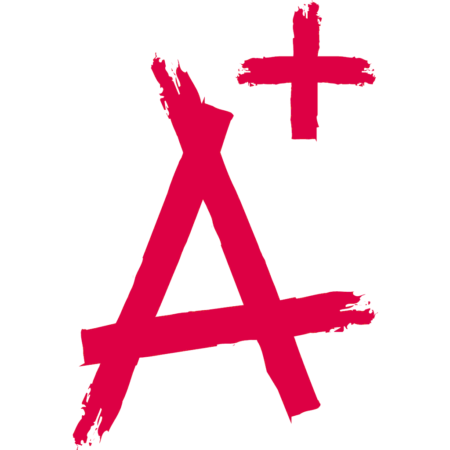You Are So Much More Than A Grade
“The more we want our children to be (1) lifelong learners, genuinely excited about words and numbers and ideas, (2) avoid sticking with what’s easy and safe, and (3) become sophisticated thinkers, the more we should do everything possible to help them forget about grades.”
― Alfie Kohn
Many schools carry out parent-teacher conferences several times a year. Conferences are a time for a parent to hear all about a child’s learning and the evaluations that have been completed for the grading period.
As a middle and high school teacher, I did not enjoy assessing students by giving out a letter grade. I enjoyed teaching science and I valued my relationship with my students. However, I felt uneasy with evaluating students for the work that I claimed to be important to science and to them. Sometimes I tried to avoid the process of traditional assessments by using tools that would help students’ reflect on what they had produced and learned. The self-reflection space opened up the door for a conversation instead of a one-way evaluation. I noticed that the evaluation the students gave themselves was very honest and accurate.
Self-reflection is one skill that is highly needed in today’s fast-paced world, yet only occasionally in the classroom do teachers use self-reflection as an assessment tool.
As a culture we are so caught up in grades for school achievement that we lose sight of what are grades really to convey to the teacher, student, and parents.
Is the grade really a reflection of what the student learned? Or is grade the reflection of a student’s effort put forth in a class? Or is the grade a reflection of what the teacher perceives to be important to the subject?
How often do teachers and students sit down to really reflect on our lives and learning?
Many students that are not meeting the expectations of school and take low grades on the report card as a reflection of their worth. Can worthiness really be associated with a number or a letter? Is this a true reflection of a student’s knowledge or learning?
When a teacher takes time to help a student identify her strengths, she then can see the talents that are within herself. Identifying strengths can be a way to convey that a letter grade on a report card is not who she is as a person.
As children travel through the school system a mantra that needs to be said often is “you are not your grades”. Each child has a unique set of strengths and talents. It is my belief as an educator that part of helping children grow is to help them find outlets for their strengths to shine.
Here are a few questions to try with the young people you work with to assist them in discovering and reflecting on their strengths.
What do you find easy to learn …?
What helps you when something get tricky …?
The most interesting thing about _____________________is …
I prefer to work by myself on activities that …
I like working with others when …
If I can, I try to avoid activities that …
I find it easiest to understand when …
When I don’t understand something, I …
I’m getting much better at …
One good question I asked (or thought of) today was …
One of the things I do best is …
The Collaborative of Academic, Social and Emotional Learning (CASEL) has five competencies to help guide educators in assisting students in developing social and emotional learning skills. As part of the responsible decision making and self-awareness competencies, self-reflection is a key skill. More information about CASEL Core SEL Competencies can be found at https://casel.org/core-competencies/
No matter the age of the child, you can help them reflect upon their learning and themselves. Asking open-ended questions can start the conversation of helping children reflect on their strengths and identifying what is good and right within.

